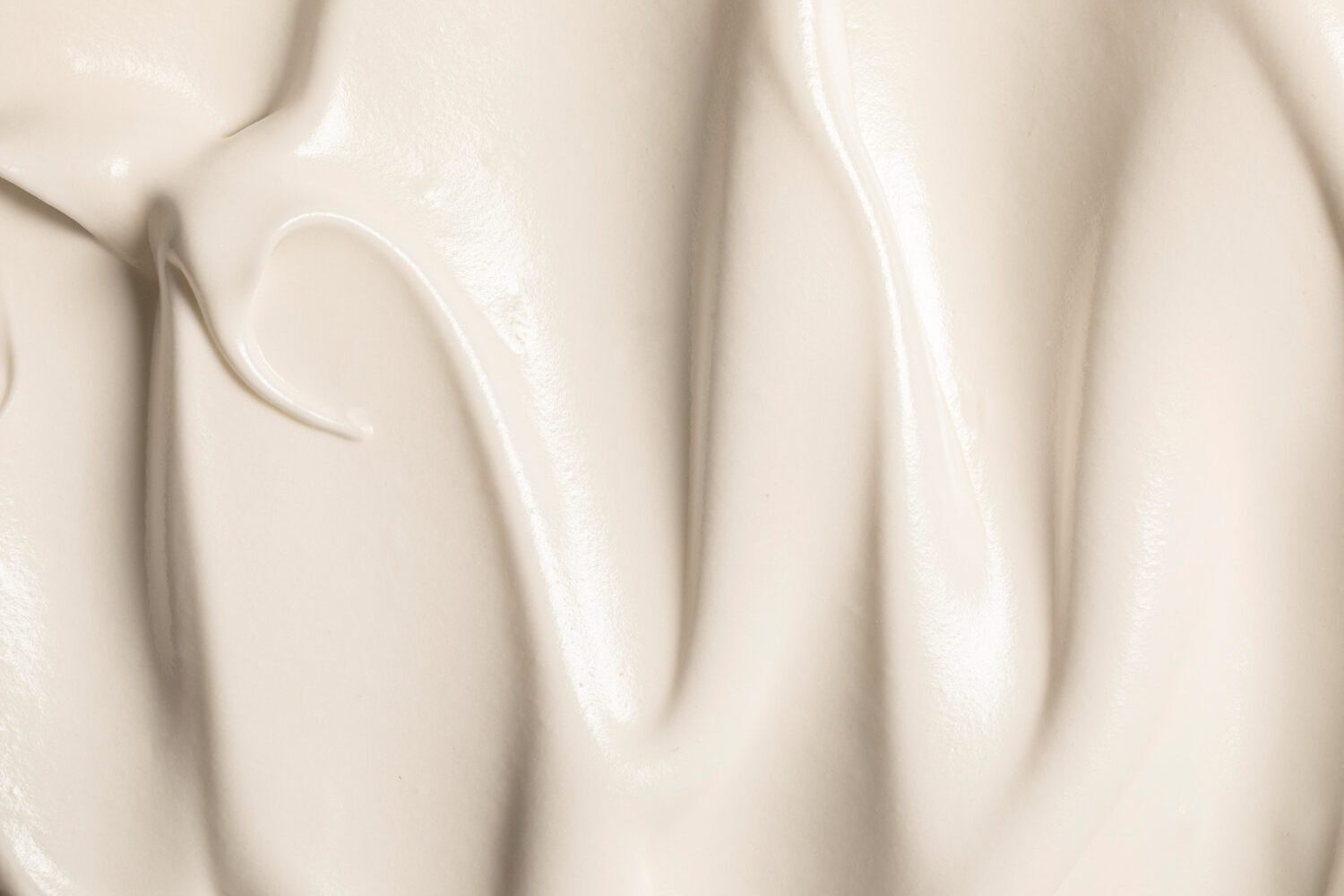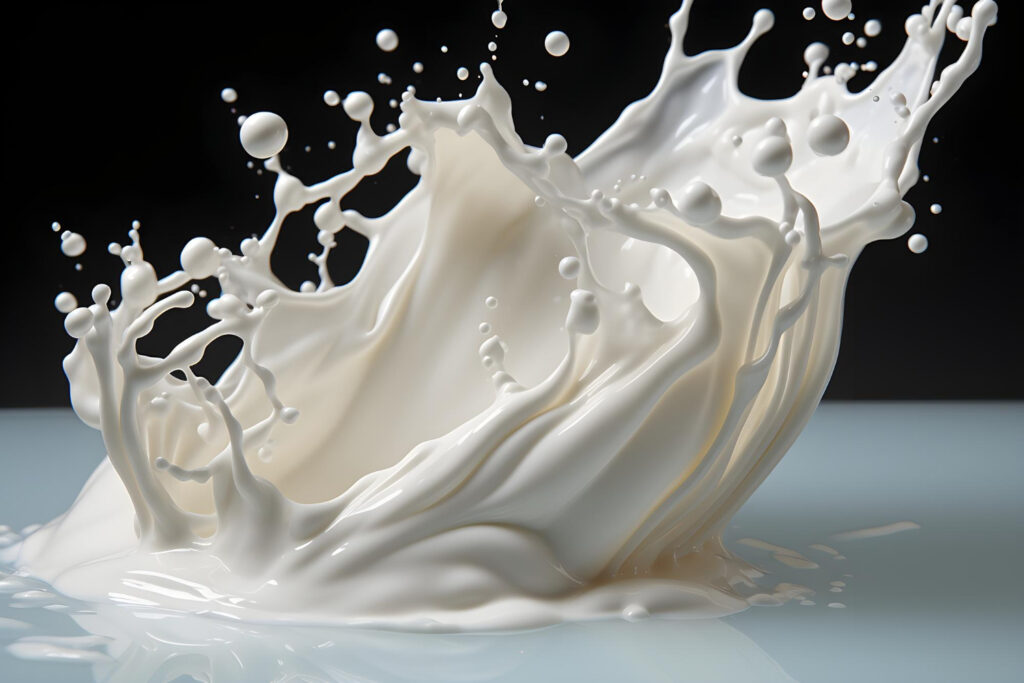
The Science of Emulsifiers in Personal Care Products
Emulsifiers are one of the most essential components in personal care products, yet their function is often overlooked. From skincare creams to hair conditioners, emulsifiers play a critical role in ensuring that ingredients mix effectively and maintain stability. In this article, we will delve deep into what emulsifiers are, how they work, and why they are crucial in creating effective personal care formulations.
This guide is tailored to provide value whether you’re a formulation chemist, product development professional, or a concerned consumer curious about the science behind personal care products.
What are Emulsifiers?
At their core, emulsifiers are ingredients that help two immiscible substances (usually oil and water) mix. In personal care formulations, many products rely on the combination of water-based and oil-based components to deliver active ingredients, moisturization, and overall product stability.
Emulsifiers work by lowering the surface tension between oil and water molecules, allowing them to mix more easily and form a stable, uniform product. Without emulsifiers, water and oil would quickly separate, leading to a poor consumer experience and ineffective product performance.


Types of Emulsifiers in Personal Care
Not all emulsifiers are created equal. The type of emulsifier used in a product depends on the formulation’s end goal, whether it’s a lightweight lotion or a rich, nourishing cream. Here are some common categories of emulsifiers:
- Surfactant Emulsifiers: These are the most commonly used emulsifiers, with a hydrophilic (water-loving) head and a lipophilic (oil-loving) tail. They help create emulsions by positioning themselves between water and oil molecules. Examples include polysorbates and sodium lauryl sulfate.
- Natural Emulsifiers: With clean beauty on the rise, plant-derived emulsifiers such as lecithin (from soy) and beeswax are becoming increasingly popular. These emulsifiers align with consumer demand for natural, sustainable ingredients without sacrificing performance.
- Polymeric Emulsifiers: These advanced emulsifiers are designed for long-term stability and are ideal for complex formulations. Acrylates copolymers and polyquaternium compounds are commonly found in hair care products to provide conditioning benefits while maintaining formula integrity.
Importance of Emulsifiers in Product Stability
One of the primary reasons emulsifiers are used in personal care formulations is to ensure product stability. Without a stable emulsion, oil and water-based ingredients will eventually separate, leading to phase separation, which can make the product ineffective or aesthetically unappealing.
Phase stability is particularly crucial for products like moisturizers, sunscreens, and conditioners, where active ingredients need to be evenly distributed to provide consistent results. Emulsifiers ensure that the product maintains its integrity during storage and use, protecting the formulation from temperature fluctuations and microbial growth.
How Emulsifiers Influence Texture and Skin Feel
In addition to maintaining stability, emulsifiers significantly influence the skin feel and texture of personal care products. For example, the choice of emulsifier determines whether a product feels light and non-greasy or rich and emollient on the skin.
- Light Emulsions: In lotions or serums, oil-in-water (O/W) emulsifiers create a lightweight, hydrating feel. This type of emulsion is ideal for products targeting oily or combination skin, where users prefer a non-heavy finish.
- Rich Emulsions: On the other hand, water-in-oil (W/O) emulsifiers produce a more luxurious, nourishing feel, perfect for dry skin formulations such as night creams or body butters.
Selecting the right emulsifier can make or break a product, as consumer preference for texture is critical in determining a product’s success.
Clean Beauty Trends: The Rise of Natural Emulsifiers
Natural Emulsifiers on the Rise
The clean beauty movement is pushing formulators to rethink emulsifiers and opt for more natural, eco-friendly alternatives. Ingredients such as candelilla wax, shea butter, and sucrose esters are being utilized as natural emulsifiers that align with the growing demand for vegan, cruelty-free, and sustainable personal care products.
In fact, research shows that nearly 60% of consumers are now looking for personal care products with natural ingredients, which has prompted brands to embrace plant-based emulsifiers. These emulsifiers not only offer sustainability but also provide effective emulsifying properties in both skin and hair care formulations.

Selecting the Right Emulsifier for Your Formulation
Choosing the right emulsifier is key to a product’s overall performance. Formulation chemists and product developers must consider factors such as the product’s intended use, the desired texture, and whether the product needs to meet certain natural or clean beauty standards.
- Formulation Type: For lightweight lotions, O/W emulsifiers are preferable, while for richer creams, W/O emulsifiers are better suited.
- Compatibility with Active Ingredients: Some active ingredients, such as retinoids or peptides, may require specific emulsifiers to maintain their efficacy without causing degradation.
- Consumer Preferences: With sustainability being a significant concern, many formulators are opting for natural or biodegradable emulsifiers to appeal to eco-conscious consumers.
The Essential Role of Emulsifiers in Formulations
Whether you’re creating a simple moisturizer or a complex anti-aging serum, emulsifiers are the unsung heroes that make the formulation work. From enhancing product stability to improving texture and feel, they play a vital role in creating high-quality personal care products.
For formulators and brands, understanding how to select and utilize the right emulsifier is critical to meeting the growing consumer demand for effective, safe, and sustainable products.
Stay tuned to BeautiLab for more in-depth insights into personal care ingredients and formulation strategies

© beautilab 2024. All Rights reserved.